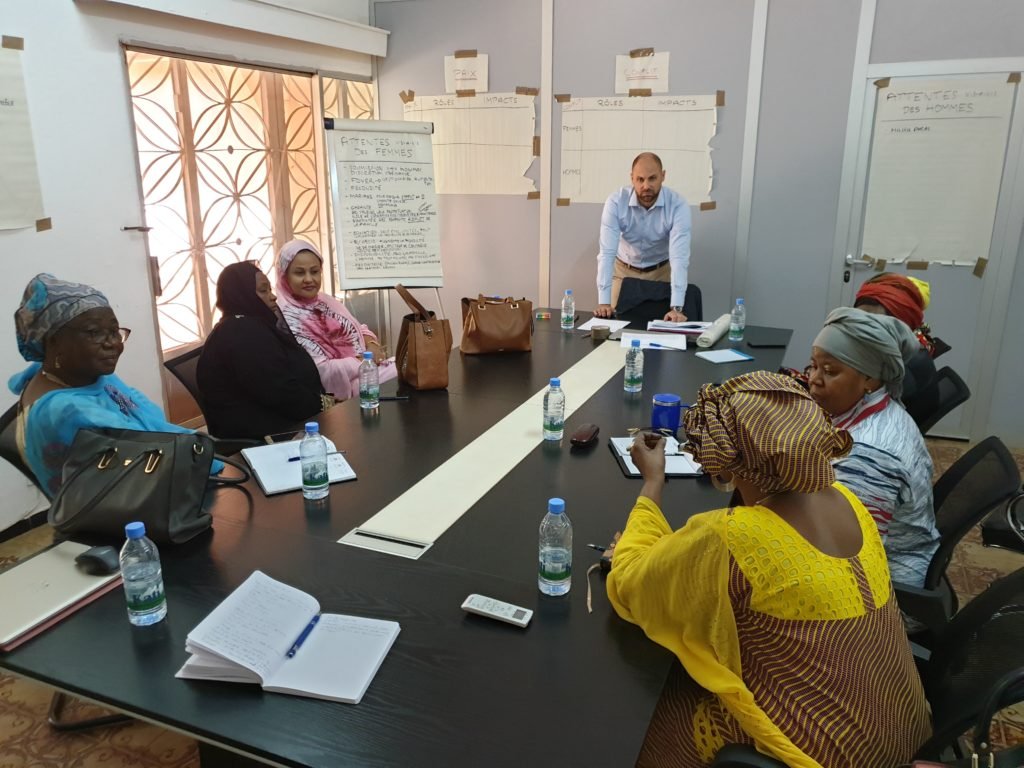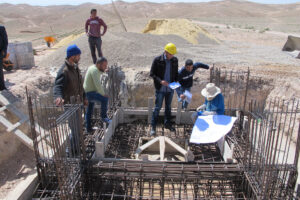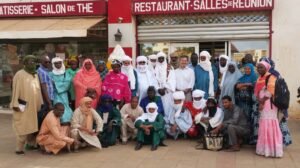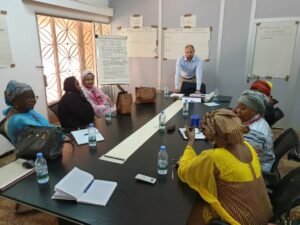Project Evaluation

Dropstone has conducted numerous evaluations with the intention of highlighting the positive aspects of projects and recommending effective practices that can be replicated, expanded upon, and adapted to maximize lessons learned. Our goal is to stimulate thoughtful consideration when designing new activities that are both feasible and realistic, rather than focusing on pointing out what did not go according to plan. If there are any shortcomings, we make an effort to understand the reasons behind them through thorough discussions with partners and experts, and then cross-reference information from various sources. We openly discuss potential issues with our clients, working together to construct recommendations that draw upon previous experiences.
- Systematic and exhaustive analysis of projects
- Field visits and collection of information from all stakeholders
- Analysis of indicators of relevance, effectiveness, efficiency, sustainability and impact
- Consideration of cross-cutting issues (gender, governance, climate change)
- Contextualized adjustment recommendations
Burundi: Development of the Environmental and Social Management Framework in anticipation of the reform of the school system (AFD, 2019)
Central African Republic: Support for political dialogue and the peace process (HD Centre, 2016)
Democratic Republic of Congo: Final Evaluation of the “Citizen Observation” and “Advancing Democratic Governance and Respect for HR” (The Carter Centre, 2021)
Democratic Republic of Congo: Governance of the Extractive Industry (The Carter Centre, 2020)
Lebanon: Mid-term evaluations of the institutional support provided by Swiss Humanitarian Aid to the Bekaa Water Establishment (SDC, 2018 and 2021)
Mali: Evaluation of Quick Impact Projects implemented by the UN in the regions of Timbuktu, Kidal, Menaka, Mopti, Gao (MINUSMA, 2022-23)
Mali: Scoping study for a program to strengthen the protective environment in Mali; institutional building and support to decentralization (SDC, 2021)
Mali: Evaluation of the role of the Independent Observer of the Bamako Peace Process (The Carter Centre, 2019-20)
Mauritania: Socio-political study of the potential for intercommunity conflicts in the border regions of Senegal and Mali (AFD, 2017)
Niger: Evaluation of the mediation programme between pastoral and agricultural communities in the Liptako Gourma (HD Centre, 2017)
Pakistan: Evaluation of the emergency Water and Sanitation Programme in the wake of catastrophic floods of 2010 (SDC, 2013-14)
Senegal: Review of the hydrogeological knowledge of the Mauritanian-Senegalese aquifer basin (Geneva Water Hub, 2019)
Senegal: Support for the negotiation and peace process in Casamance (HD Centre, 2016)
Southern Sudan: Vocational training in Juba (DGVS, 2016)
Tajikistan: Scoping study for a project on groundwater management in the Sughd region (SDC, 2023)
Tunisia: Evaluation then refocusing of the rural drinking water supply programme in the governorate of Kasserine (SDC, 2013)
Références :

Rehabilitation of 15 boreholes and monitoring of underground water in Tunisia
Dropstone was providing backstopping support during more than five years to a clean drinking water programme financed by the Swiss Government in Tunisia, Kasserine governorate.


Evaluation and operational support – WASH response to catastrophic floods
Floods 2010 in Pakistan Review and evaluation of the water projects and programmes implemented by SDC/HA in Pakistan following the 2010 massive floods;Provision of recommendations

Provision of advisory services to the authorities of Senegal for a youth reintegration program
Development of a training curriculum Provision of professional training Identification of Public-Private Partnerships Coaching for business development and entrepreneurship initiatives Provision of tools for program

Conflict prevention and management by communities in the Sahel
Dropstone ended the year 2018 with the evaluation of a conflict prevention and management project by communities in Mali, Burkina Faso and Niger. The project,

Evaluation of the Independent Observer of the Peace Process in Mali
The Carter Centre (TCC) mandated DROPSTONE as independent evaluator to assess the relevance, effectiveness, efficiency and replicability of its role as Independent Observer (IO) of
